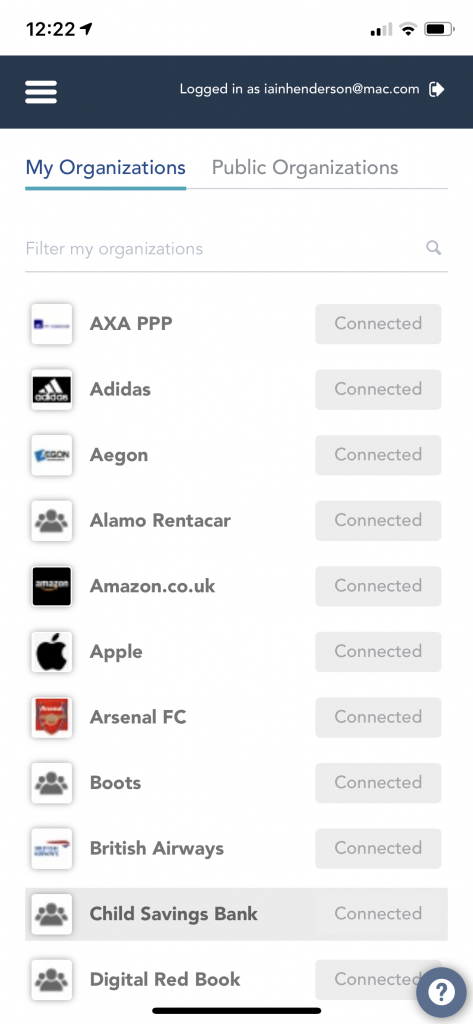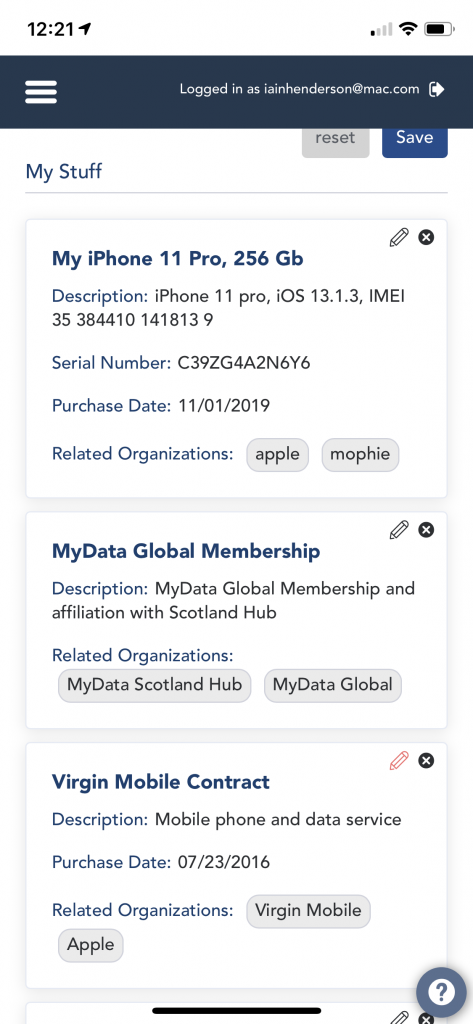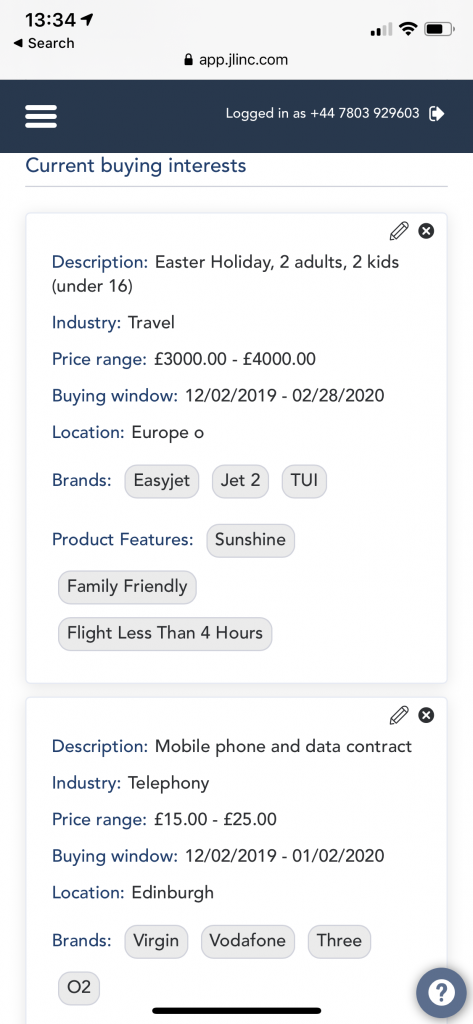It’s Time to Start Talking About Co-managed Data
As we reach the end of another decade, I’ve been reflecting on the changes over the last ten years in my areas of interest – customer management as my day job, and personal data management for individuals as my hobby horse. For the former I’d say it’s been a very poor decade indeed; the latter a positive frustrating one.
In the world of customer management, the dominant theme in my view has been dis-intermediation of traditional customer-supplier relationships by GAFA and Adtech. That has meant a lot less transparency around how personal data is being managed. GDPR has, so far, offered more promise than reality; to date is feels like lots of positive possibilities, none of which will really be addressed until a few giant fines get handed out to Google, Facebook and Adtech (which will take years).
On the issue of personal data empowerment for individuals, there has been good progress; but there remains a long way to go to get to scale. GDPR has put the brakes on some of the bad stuff, but positive empowerment of people with their own data for their own purposes is not really happening as yet. Even base level ‘rights’ such as data portability are very poorly supported in practice, and even if that improved then there are no large scale services in position to use ported data.
So, all in all, some twenty five years into the commercial Internet, it still feels and acts like the Wild West. A small number of big Ranchers build a fence around ‘their property’, define the rules that they say apply to anyone who comes onto their patch, and then go about their business with little regard to the outside world or their impact on it. In the Internet version, the Wild West is called Surveillance Capitalism; i.e. the systematic process through which large organisations ring fence a piece of digital territory (data about people), declare it to be theirs, and proceed to turn that into products and services for them to sell. That’s only good for the surveillance capitalists themselves; it just dis-enfranchises the individuals whose data is being grabbed.
From the individual perspective, GDPR tells me that I’m now ‘in control of my data’. Well, I must have missed that bit. Or does someone really expect me to go to my 300 or so direct suppliers, read their policies, see my data, change or delete it where I need to, and pretend to not notice that I am being followed around the web by them and hundreds of ‘their partners’ who I have never heard of?
In parallel, let’s look at what would actually be useful to me going forward. I already manage a lot of my own data as my hobby, and with a view to building tools that would make this task easier to undertake, and more useful in terms of what can be done with my data. From that work, I can see, for example, that I have:
- around 7.5k financial transaction records since Jan 2013 (so about 100 per month)
- just over 300 suppliers that I know and recognise will have data about me (so about 1k per year, just around 1oo per month)
- 250 product/ service records where I have a digital record (I have more but not digitised those as yet)
- thousands of data points on Internet of Things, fitness/ health trackers, location check-ins
Here’s a screenshot from how I log my supply relationships, in this case I’m doing that in the JLINC Sandbox.

And this one is, using the same app, how I log ‘my stuff’ (i.e. assets, products or services that I have or use).

And to complete the set, here is view of some of things I am/ will be in the market for over the next few months.

I would contend that whilst the above is useful to me in many ways; it would be an awful lot more useful to me if ‘my view’ was connected to my suppliers view and that we therefore co-managed what would then be ‘Our Data’ (for example, real time sync of my current bank balance, investment account, fuel tank status and many more). To be clear, ‘Our Data’ = Co-managed data; i.e. data where two or more parties are able to each consider themselves as managers of the relevant data (setting aside that there are many technical points of discussion underneath this co-management principle). I’ve written more about the my data, your data, our data, their data, everybody’s data distinctions over here.
Once the individual has their own data service with the above types of data, and many others over time, then the co-managed model is by far the optimum. I’ll write up those benefits, and the practicalities of how we obtain them in more detail in a separate post shortly..
